Lessons learned from Latin America and the Caribbean for the sustainable and inclusive transformation of agrifood systems
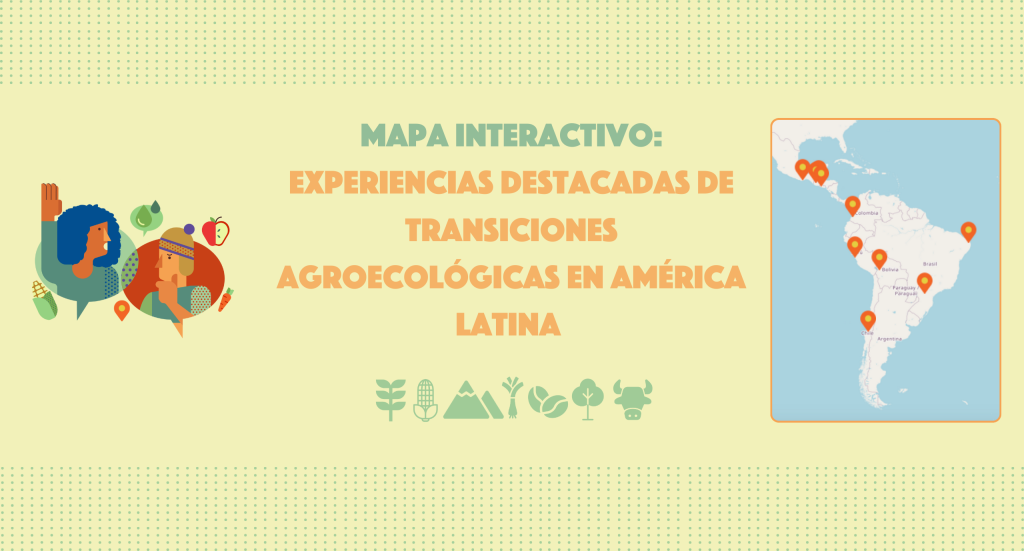
The initiative, part of the activities carried out by the Networks for Agri-Food Transformation project and supported financially by Canada’s IDRC, aims to establish a set of lessons learned and strategies to promote more sustainable, inclusive, and resilient agri-food systems in Latin America. Additionally, it seeks to foster South-South learning to inform similar processes in Africa and Asia, drawing from the region’s experiences and lessons learned. The project’s specific objectives include mapping initiatives, gathering evidence, and identifying key actors related to agroecology in the region, as well as recommending research topics and pinpointing entry points to advance a research agenda in this field.
Analysis of the supply of territorial services for the development of agro-industry in Chile and transfer to Ecuador.
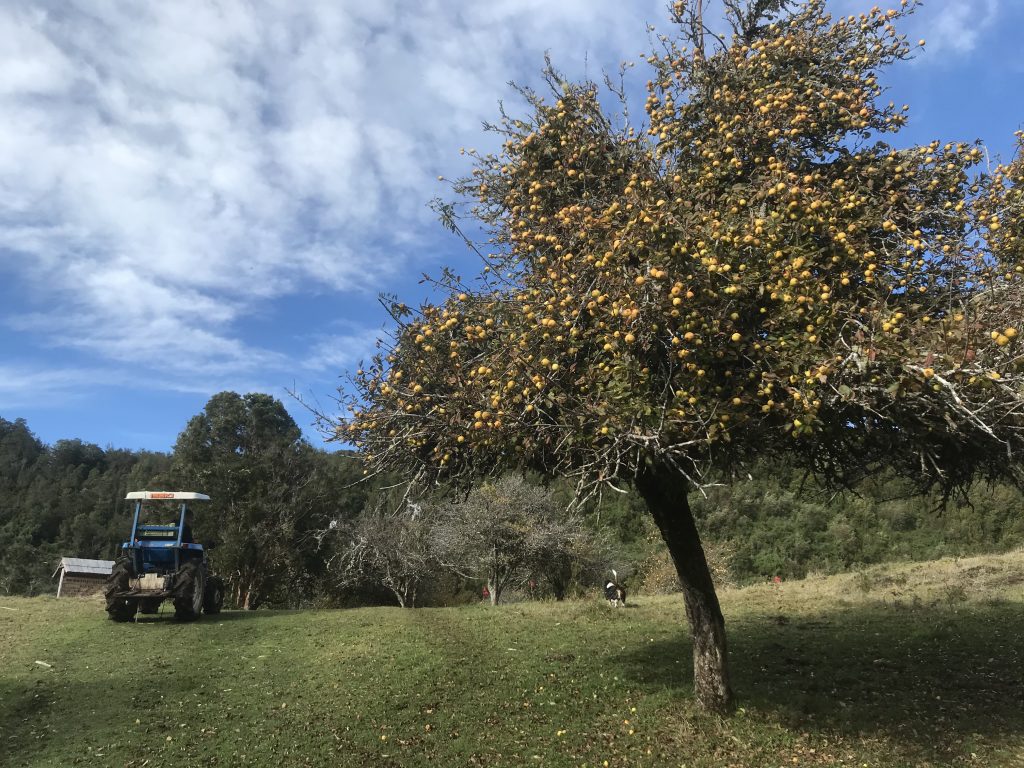
The project ‘Strengthening capacities in the supply of public and private services to increase territorial productive potential by generating sustainable agribusinesses’ is promoted through the Regional Fund for Triangular Cooperation and financed by the German Federal Ministry for Economic Cooperation and Development (BMZ). It will be implemented with partners from Latin America and the Caribbean on a triangular basis, with Chile as lead partner, Ecuador as requesting partner and Germany as facilitator. This cooperation seeks not only to increase the territorial productive potential, but also to ensure that it is sustainable.
IFAD Consulting: Country-Level Policy Engagement Strategy (CLPE)
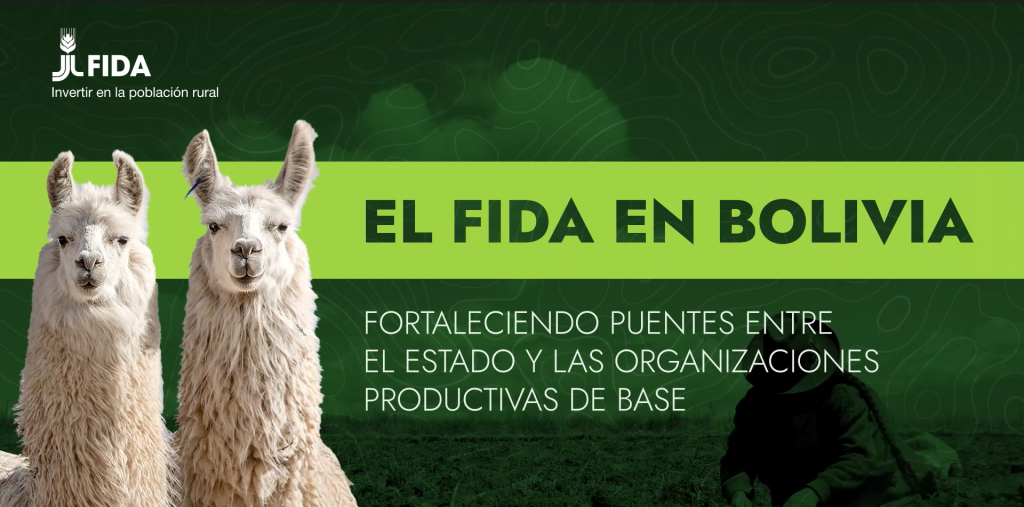
The consultancy consisted of developing a monitoring system and a communications plan for the Country-Level Policy Engagement (CLPE) strategy of the International Fund for Agricultural Development (IFAD).
Evaluation and methodology assessment for the strengthening of the Indigenous Territorial Development Programme (PDTI) Indap-Conadi
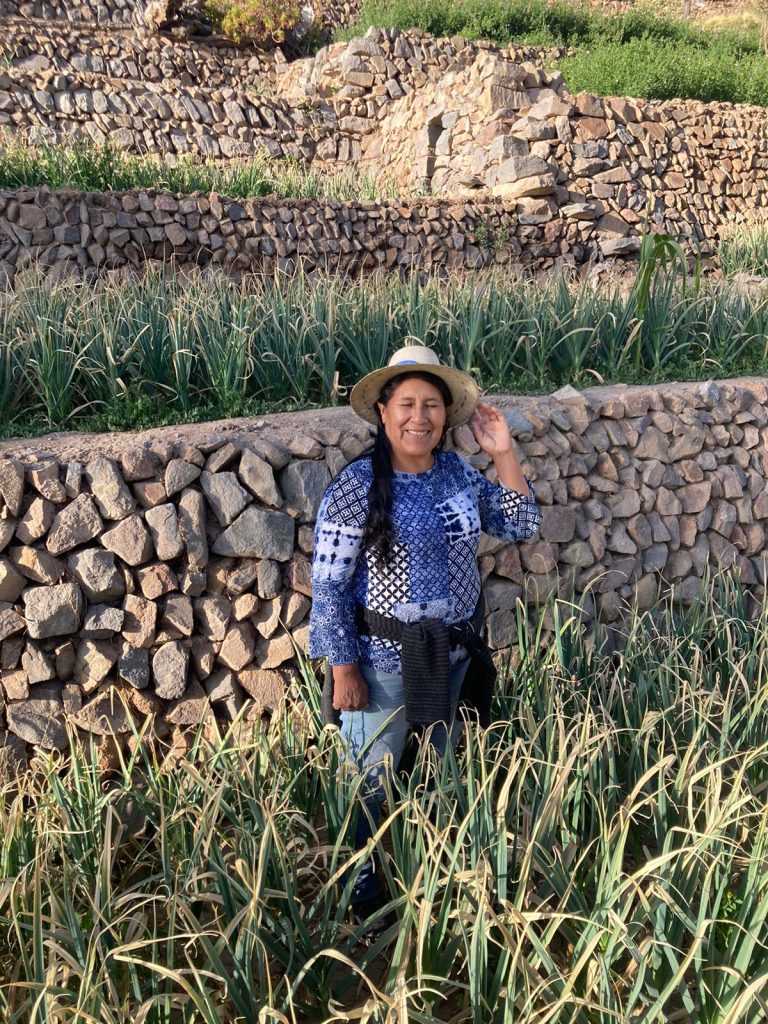
The general objective of this tender is to carry out a technical and methodological evaluation in the process of strengthening and adjusting the policies governing the INDAP-CONADI Indigenous Territorial Development Programme, PDTI, and in related issues to address some aspects of other INDAP programmes.
Learning study on the relationship between environmental degradation, climate change and human rights
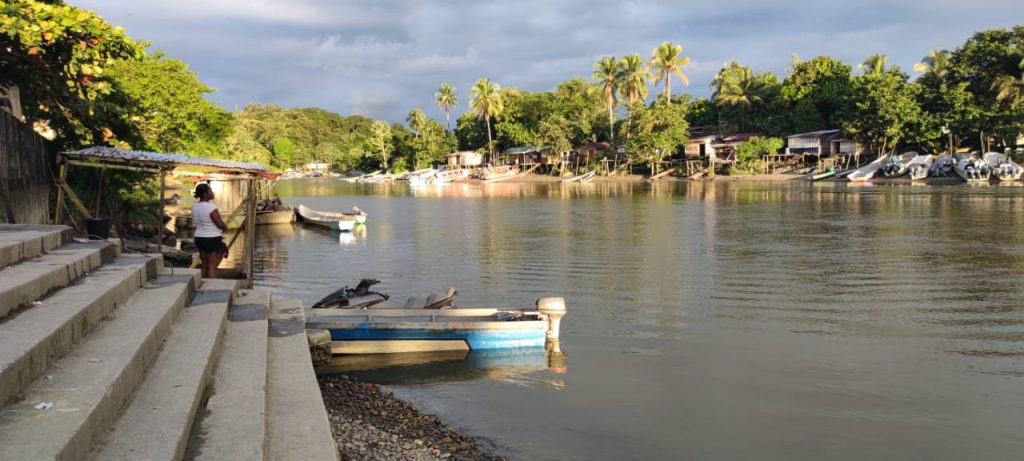
The project aims to design and develop a learning study on the relationship between environmental degradation, climate change, and human rights. This process consists of five stages, beginning with an in-depth understanding of these relationships through a literature review and documentary analysis. This is followed by a validation process using primary sources and a targeted approach, ultimately leading to the creation of a training module aimed at strengthening the knowledge and capacities of individuals, communities, and civil society organizations in adapting to climate change as a measure of self-protection or collective protection. The literature review helps identify key variables and dimensions for focusing on two subregions, where a case study will be conducted to contextualize and explore relevant content for training processes. These municipalities are Tibú, in Norte de Santander, and San Vicente del Caguán, in Caquetá. Beyond examining the relationship between these variables, the learning study also aims to contribute to institutional and community-based protection mechanisms against climate change vulnerability in the context of armed conflict.
Generation of socio-ecological indicators and sustainability index for landscape restoration.
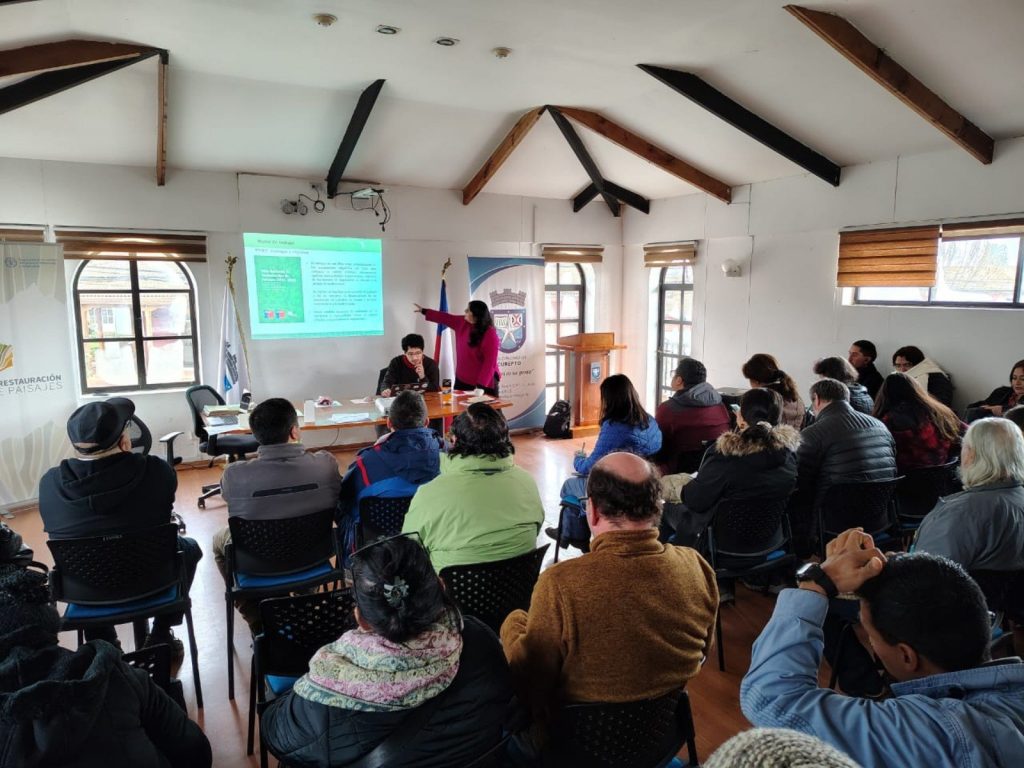
The project aims to develop, in a participatory manner, a set of socio-ecological indicators, from which it will be possible to generate sustainability indices for different restoration landscapes.
The indicators will take into account the different dimensions of the landscape: biodiversity, water and inland aquatic ecosystems, and ecosystem services: sustainable production, human well-being, and governance.
The project will be implemented in seven landscapes of the Mediterranean ecoregion of central Chile, specifically in the regions of Coquimbo, Valparaíso, O’Higgins, Maule, Ñuble and Biobío. The initiative is financed by the FAO, the Food and Agriculture Organisation of the United Nations.
Consultancy for the Elaboration of a National Plan for Peasant and Indigenous Family Farming in Chile

Development of a National Plan for Peasant and Indigenous Family Farming, in line with the commitments of the United Nations Decade of Family Farming, the Sustainable Development Goals (SDGs), and the REAF/MERCOSUR Plan for the Decade of Family Farming. This will be achieved through the creation of dialogue spaces between public institutions and peasant organizations within REAF/MERCOSUR civil society.
Technical assistance to strengthen management and leadership tools for the Atacameño community of Toconce
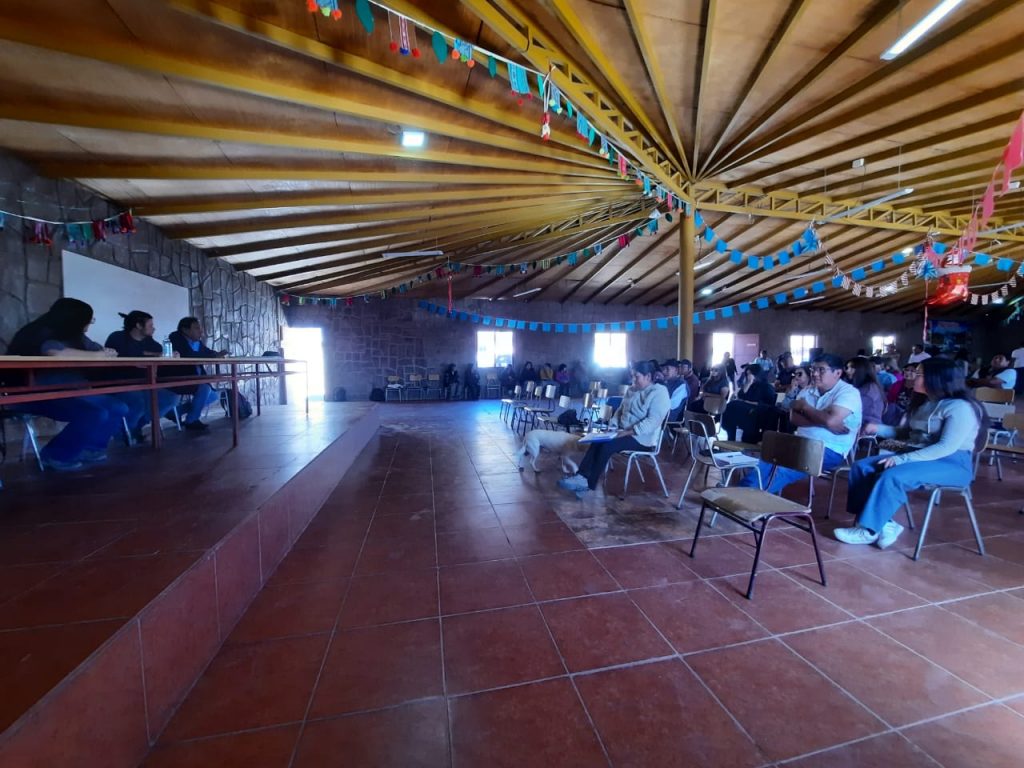
This project seeks to strengthen the management and leadership tools of the Atacameño community of Toconce through a mixed participatory methodological design, considering aspects of participatory research, capacity building and accompaniment.
Capacity building and connection of Community Councils in the municipality of López de Micay – Cauca.
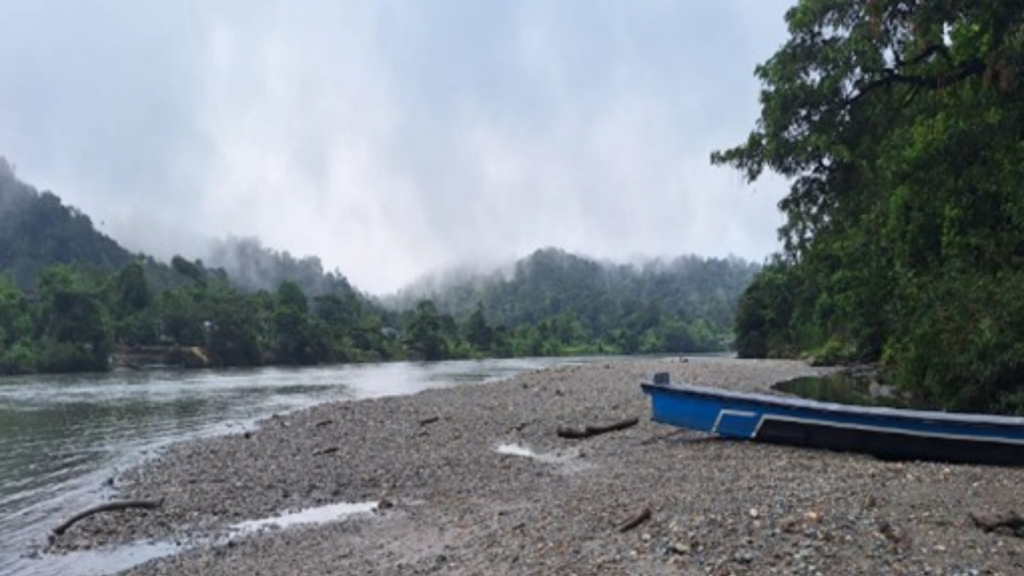
This project seeks to contribute to the improvement of the capacities of the five Community Councils of black communities located in the municipality of López de Micay in the department of Cauca.
INCATA: Linked Farms and Enterprises for Inclusive Agricultural Transformation in Africa and Asia
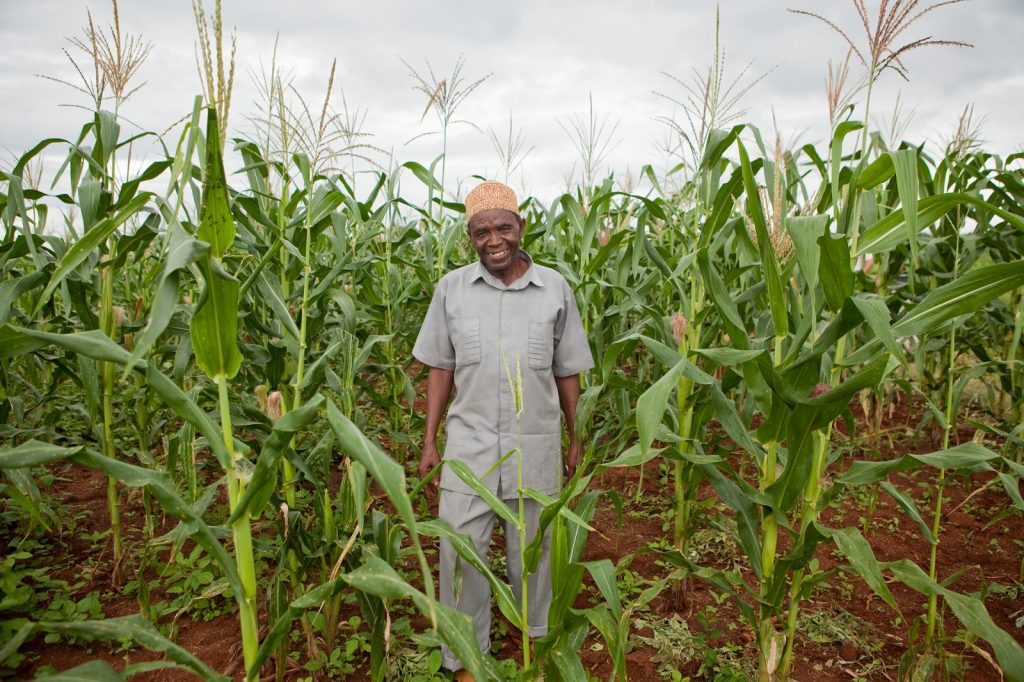
INCATA is an innovative project designed to study the relationship between cSPP and MSME in the hidden middle of agrifood value chains, to explain how it underpins and contributes to an inclusive agricultural transformation.